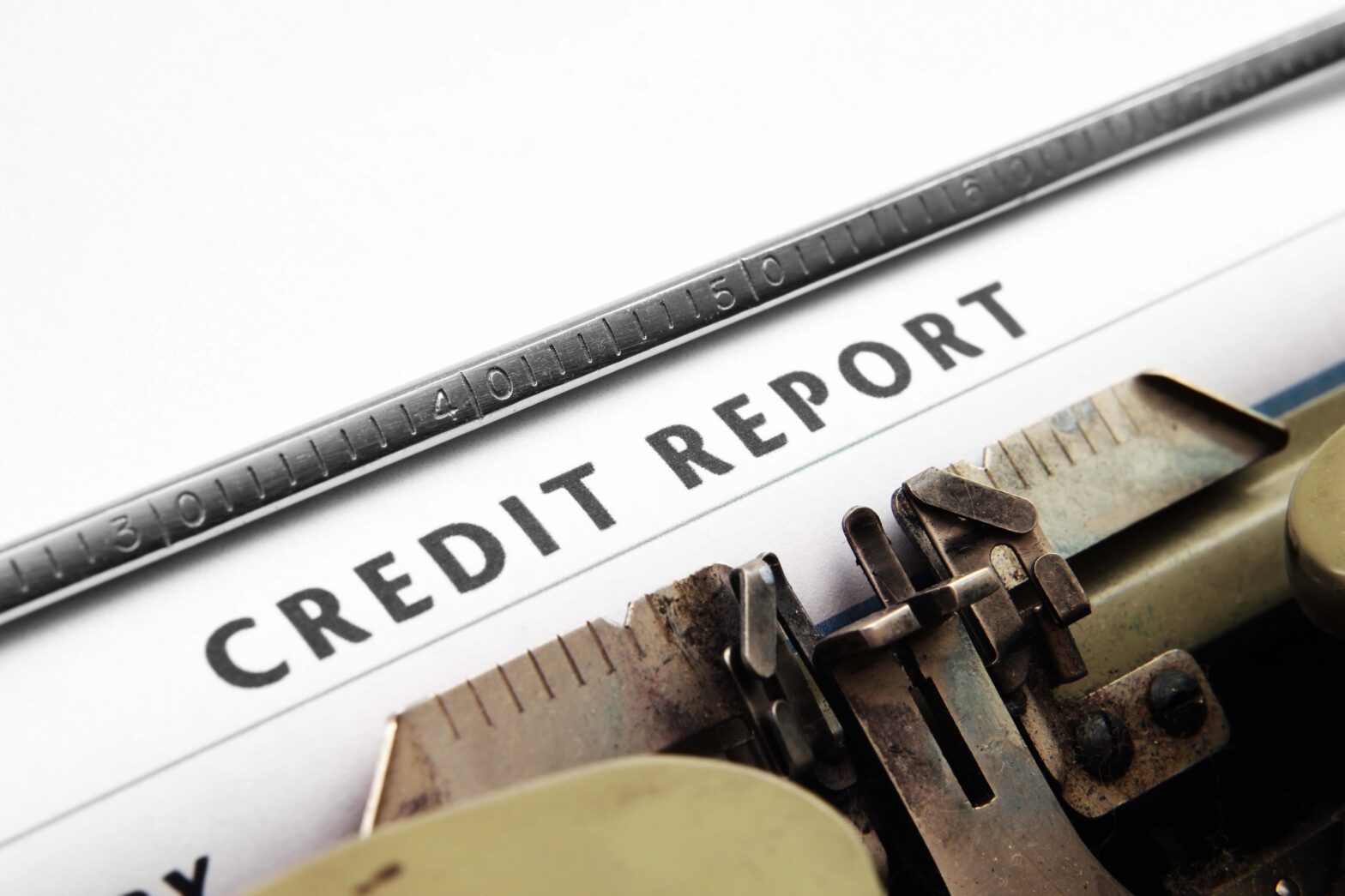Accountancy firm Shelley Stock Hutter (SSH) carried out an analysis of 100 private companies’ credit reports, and found Dun & Bradstreet, Experian and Creditsafe recommend vastly different credit limits for the same companies.
The difference between the highest and lowest average rating of the three agencies for the 100 companies was 150 per cent.
In other areas of the research, one company had three credit limits which range from £1.5 million to £4.9 million, and another ranged from 0 to £18,000 with a rating of 4/100 to 83/100.
In a third example, the limits between 2011 and 2014 by two agencies were reduced while one increased theirs dramatically, despite all relying on the same information.
Bobby Lane, a partner at SSH who oversaw both investigations, says that his company raised a warning signal back in November 2011 and had hoped that the credit rating agencies would work together to provide greater transparency and put an end to the inconsistent credit ratings.
‘The latest findings clearly show that hundreds of thousands (and possibly millions of businesses) are still at risk of what continues to be the credit rating lottery,’ he says.
Lane adds that these ‘huge variations’ can seriously jeopardise companies’ ability to trade.
‘On the one hand an incorrect rating will affect their ability to gain credit from suppliers and raise finance. In addition it could deter companies from growing by avoiding trading or offering terms to potential customers that are creditworthy.
‘If a business trades with a customer on the basis of an incorrect rating and it goes wrong there could be potentially catastrophic consequences.’
SSH urges any SME concerned about its credit rating to approach credit agencies with explanations of the issues affecting their business and the trends in their numbers so that the credit agencies can gain a much better understanding of the position of their business and give a fairer result.
Companies must also be aware of the lottery and assess the effect on their business of the relationship and use these limits and ratings as part of a more detailed due diligence exercise on their customers.
Business ratings can be influenced by changes in accounting reference date, changes in officers of the company, and moving registered office.
The level of net assets on the balance sheet and the number of finance providers, statutory arrears and county court judgements can also influence ratings.





